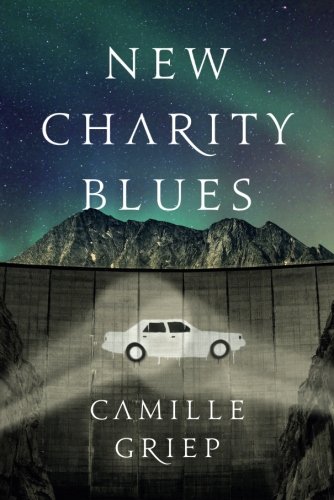Review: New Charity Blues by Camille Griep
This novel opens on a post-apocalyptic City where SpaghettiOs and canned tuna are eaten cold in the dark—or by the light of a candle—and where books are just easy fuel for a fireplace. A world where 90% of the city's populace has perished from a plague. One in which people routinely die from simpler infections that might have been cured had the medicines survived the death of refrigeration.
But this is also a world in which a nearby rural community, New Charity, has most of the region's water impounded behind their dam. They have plenty of electric power and a suspicious immunity to the plague.
Griep has added a potpourri of extrasensory talents to her tale of two communities dealing with the plague. Dwellers in New Charity routinely call music from the air, push plows and build dams with earth magic, cast fire from nothing, or boost the speed of racehorses by lending them air magic. At least they once did, before Cressyda left for the city to attend ballet school. Now, she would be barred from returning to the power-rich New Charity, except that she does have immunity, and she inherits a ranch from her late father, who had remained behind.
Cressyda (Syd) takes her late mother's Cressida (Toyota) back to the town above the dam, determined to release the water and power for the benefit of the city. But when she arrives, she finds a community that has surrendered power to its religious leader, and a dam and power station that is carefully guarded against seizure or diversion. She is drawn into the community like a Trojan Horse, holding the seeds of its destruction within her.
Speaking of which, if you're not prepared for it, the growing resemblances to the tale of the siege of Troy can be disturbing. Names that are given as nicknames early in the story are revealed as short versions of the Greek and Trojan names we are familiar with. By the time you get to a famous sculpture being dragged within the gates of the besieged community, well...
I almost put the book down when I reached that point. I'm glad now that I didn't. There is a less-distant echo from history in this tale, one that tastes slightly of grape Koolaid, and smells of a Guyanese jungle—and ever so faintly, of cyanide.

No comments:
Post a Comment